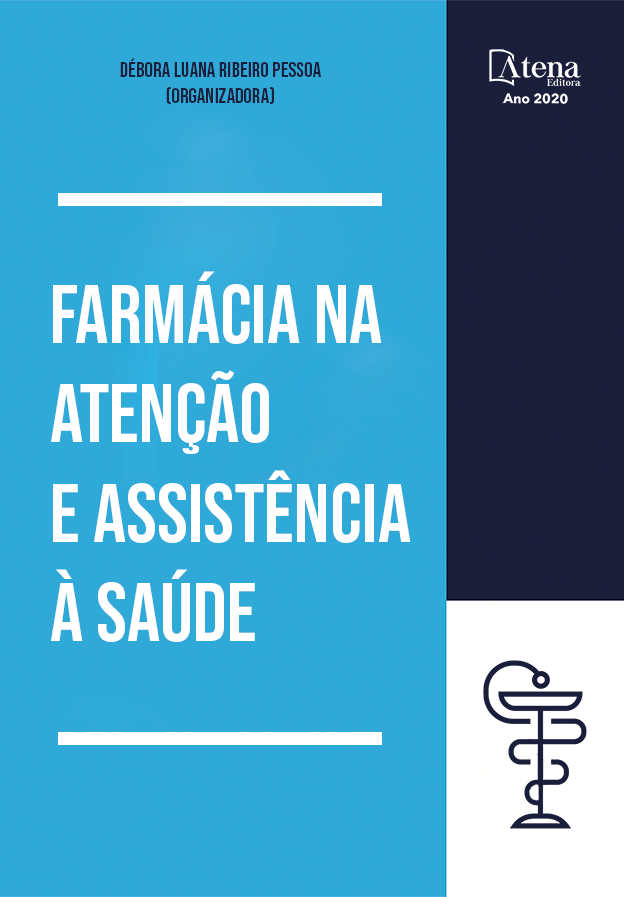
FATORES RELACIONADOS À ADESÃO AO TRATAMENTO NÃO FARMACOLÓGICO DE DIABETES MELLITUS
Esta pesquisa tem como principal objetivo evidenciar, contextualizar e discutir o papel do enfermeiro com relação à adesão ao tratamento não farmacológico de diabetes mellitus (DM), considerando os fatores econômicos, culturais e geográficos. A metodologia utilizada baseou-se em revisões bibliográficas qualitativas, nas bases de dados SciELO, REE e RECIEM, tendo como descritores “enfermagem”, “diabetes mellitus” e/ou “Tratamento não farmacológico de DM”. Os resultados evidenciaram a DM e suas complicações dentro da rede pública de saúde, e como a prevenção e promoção da saúde ainda são os principais fatores de futuros riscos para o paciente diabético, Neste contexto, o enfermeiro exerce papel essencial para um tratamento eficiente, pois propiciam aos pacientes conhecimentos acerca da prevenção, promoção e recuperação da saúde. Juntamente à uma equipe multiprofissional, possibilitam o aumento significativo na adesão ao tratamento não farmacológico da DM e o autocuidado do paciente.
FATORES RELACIONADOS À ADESÃO AO TRATAMENTO NÃO FARMACOLÓGICO DE DIABETES MELLITUS
-
DOI: 10.22533/at.ed.7202015125
-
Palavras-chave: hiperglicemia; promoção da saúde; assistência ao diabético; autocuidado
-
Keywords: hyperglycemia; health promotion; assistance to the diabetic; self-care.
-
Abstract:
The main purpose of this research is to highlight, contextualize and discuss the role of the nurse regarding adherence to the non-pharmacological treatment of diabetes mellitus (DM), considering the economic, cultural, and geographic factors. The methodology used was based on qualitative bibliographic reviews, in the SciELO, REE, and RECIEM databases, having as descriptors "nursing", "diabetes mellitus" and/or "Non-pharmacological treatment of DM". The results showed DM and its complications within the public health network, and how prevention and health promotion are still the main factors of future risks for the diabetic patient. In this context, the nurse plays an essential role for an efficient treatment, because they provide patients with knowledge about prevention, promotion, and health recovery. Alongside a multi-professional team, they enable a significant increase in adherence to non-pharmacological DM treatment and the patient's self-care.
-
Número de páginas: 12
- Diego Bezerra de Souza
- Flávio Henrique Souza de Araújo
- Jaqueline Bernal
- Luis Henrique Almeida Castro
- Mariella Rodrigues da Silva
- Raquel Borges de Barros Primo
- Bruno César Fernandes


